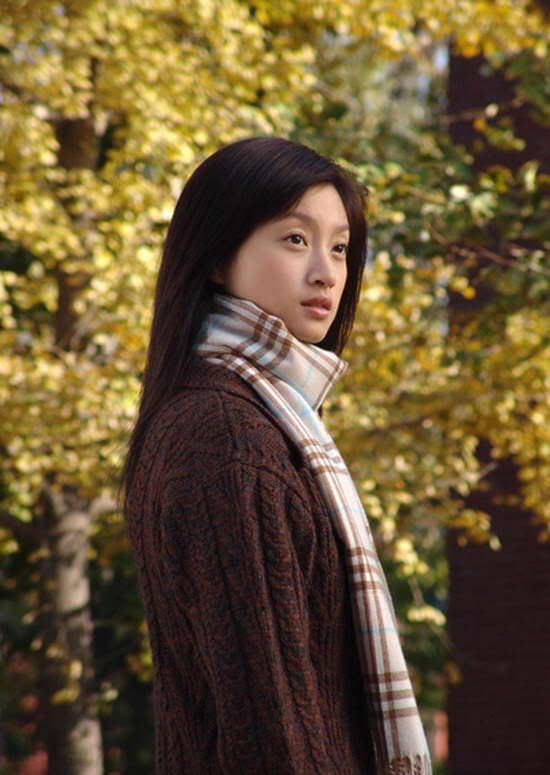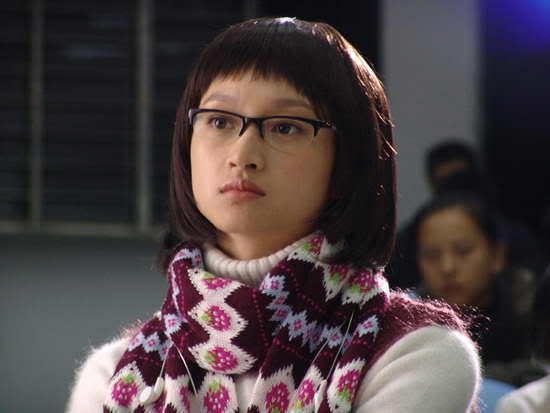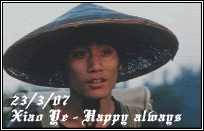Source: Sohu Entertainment
Dịch bởi: Cameo
14.12.07
"Về việc những binh lính Nhật Bản xâm lược thành phố Nam Kinh, những người dân vô tội và tù binh chiến tranh cũng như 6 tuần tàn sát đẫm máu. Đề tài có điểm giống và khác với những bộ phim đã làm trước đó trong Nam Kinh, Nam Kinh!"
"Lưu Diệp đã thực tập ở bộ trụ sở quân đội Trung Hoa để có những hiểu biết mới cho việc diễn xuất trong bộ phim," Liujianxiong "Vai trò của quân đội, từ hèn nhát chuyển sang mạnh mẽ dần trong lưỡi lê và súng đạn", trong máu lửa của cuộc chiến, để bảo vệ sự sống của người dân thành phố, một người đàn ông đã đổ máu, trên con đường thành phố Nam Kinh bất khuất và sự vật lộn giữa sự sống và cái chết của binh lính Nhật, cuối cùng bị rung động bởi sự sống của anh ta đc đổi bởi những chiến binh Trung Hoa.
Vai diễn của Lưu Diệp trong phim thể hiện nhiều đặc điểm, từ sự phát triển bản thân đến những biến đổi, và sự tiến triển ở bên ngoài đã tác động làm nên một mối quan hệ vĩ đại.
Trước khi quay, Lưu Diệp được huấn luyện đặc biết trong quân đội trong một tháng, từ tập xếp hàng cho tới luyện tập một đối một, anh nói rất thật rằng vì bộ phim chủ yếu tập trung vào những sự thật lịch sử, nên sự hợp nhất của tình yêu tổ quốc và ko cần trình diễn vội vàng, nhưng sử dụng những khả năng biểu cảm.
Nói về vai diễn của mình, Lưu Diệp trả lời: "Vai diễn này ko thật khó về phần thoại, nhưng phần thể hiện là một nhiệm vụ khó khăn, vì thời kỳ này của lịch sử gắn chặt với cảm xúc của hơn 1 tỷ người dân Trung Hoa, nếu tôi làm cho khán giả cảm thấy khó khăn khi đối diện với quá khứ thì thật tồi tệ" . Trong chương trình 70 năm thảm sát Nam Kinh, người ta thấy ký ức vẫn còn rất nặng nề, và ko thể chối bỏ đc khía cạnh lịch sử, dù một thời gian dài đã trôi qua. Những người tóc đã bạc từng chứng kiến vụ thảm sát khiến tôi ko cầm được nỗi đau và tiếc thương khi đề cập lại sự kiện này.
Dịch bởi: Cameo
14.12.07
"Về việc những binh lính Nhật Bản xâm lược thành phố Nam Kinh, những người dân vô tội và tù binh chiến tranh cũng như 6 tuần tàn sát đẫm máu. Đề tài có điểm giống và khác với những bộ phim đã làm trước đó trong Nam Kinh, Nam Kinh!"
"Lưu Diệp đã thực tập ở bộ trụ sở quân đội Trung Hoa để có những hiểu biết mới cho việc diễn xuất trong bộ phim," Liujianxiong "Vai trò của quân đội, từ hèn nhát chuyển sang mạnh mẽ dần trong lưỡi lê và súng đạn", trong máu lửa của cuộc chiến, để bảo vệ sự sống của người dân thành phố, một người đàn ông đã đổ máu, trên con đường thành phố Nam Kinh bất khuất và sự vật lộn giữa sự sống và cái chết của binh lính Nhật, cuối cùng bị rung động bởi sự sống của anh ta đc đổi bởi những chiến binh Trung Hoa.
Vai diễn của Lưu Diệp trong phim thể hiện nhiều đặc điểm, từ sự phát triển bản thân đến những biến đổi, và sự tiến triển ở bên ngoài đã tác động làm nên một mối quan hệ vĩ đại.
Trước khi quay, Lưu Diệp được huấn luyện đặc biết trong quân đội trong một tháng, từ tập xếp hàng cho tới luyện tập một đối một, anh nói rất thật rằng vì bộ phim chủ yếu tập trung vào những sự thật lịch sử, nên sự hợp nhất của tình yêu tổ quốc và ko cần trình diễn vội vàng, nhưng sử dụng những khả năng biểu cảm.
Nói về vai diễn của mình, Lưu Diệp trả lời: "Vai diễn này ko thật khó về phần thoại, nhưng phần thể hiện là một nhiệm vụ khó khăn, vì thời kỳ này của lịch sử gắn chặt với cảm xúc của hơn 1 tỷ người dân Trung Hoa, nếu tôi làm cho khán giả cảm thấy khó khăn khi đối diện với quá khứ thì thật tồi tệ" . Trong chương trình 70 năm thảm sát Nam Kinh, người ta thấy ký ức vẫn còn rất nặng nề, và ko thể chối bỏ đc khía cạnh lịch sử, dù một thời gian dài đã trôi qua. Những người tóc đã bạc từng chứng kiến vụ thảm sát khiến tôi ko cầm được nỗi đau và tiếc thương khi đề cập lại sự kiện này.








